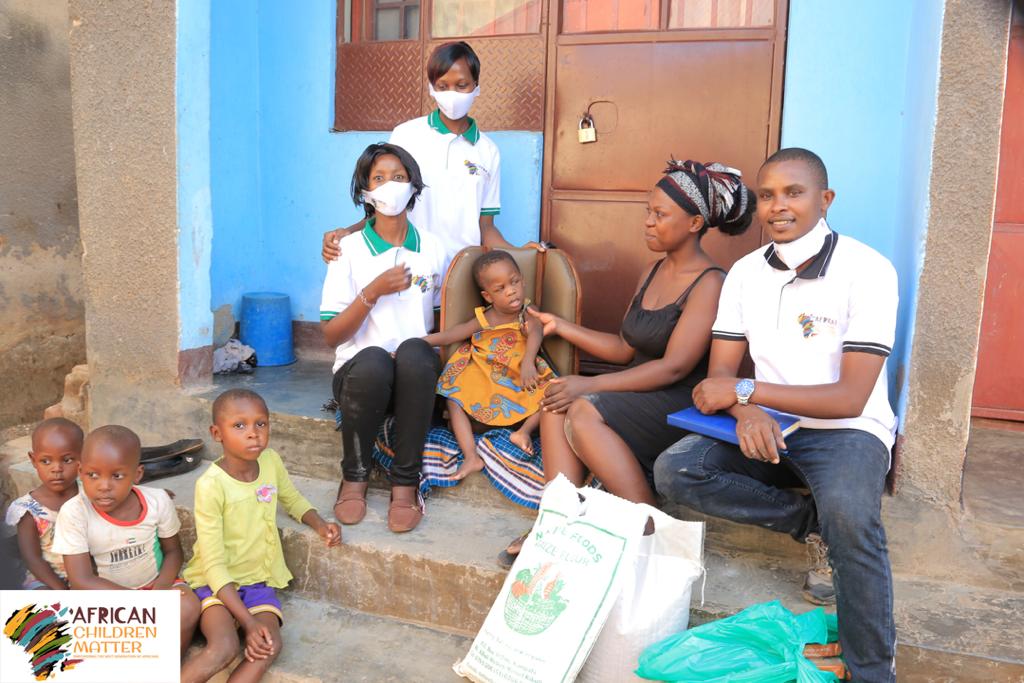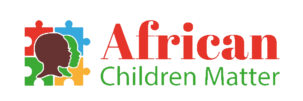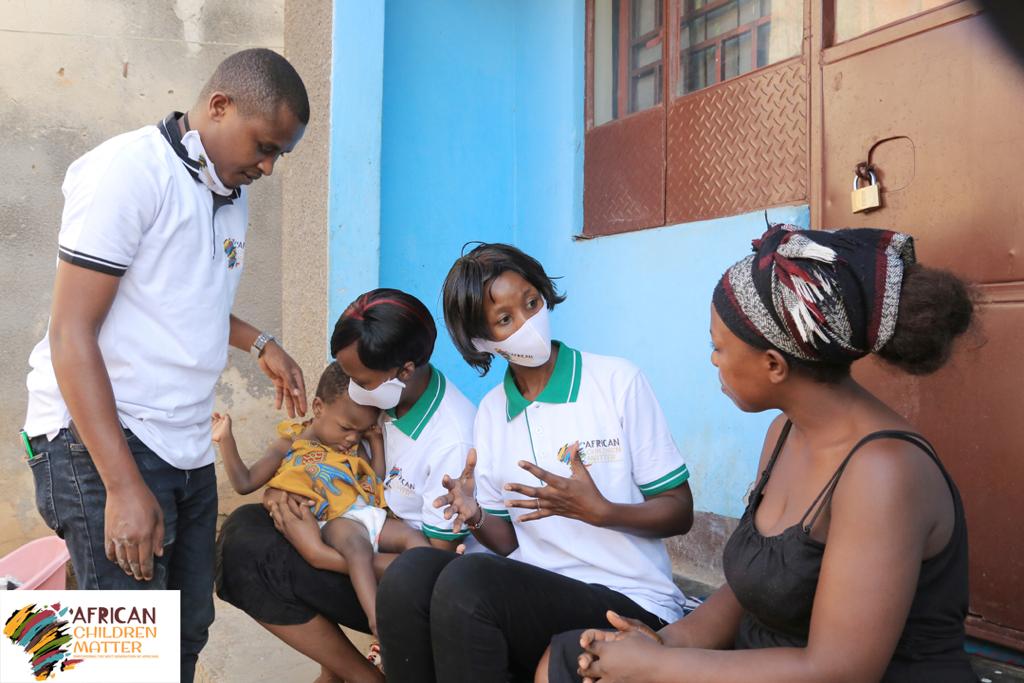Introduction:
In the tapestry of childhood, each thread represents an opportunity for growth, learning, and discovery. Yet, for many African children, this tapestry is altered by developmental disabilities, impacting their ability to reach their full potential. Understanding the causes behind these disabilities is the first step towards a more inclusive and supportive world for these children. This article delves into the possible causes of developmental disabilities, shedding light on this important issue and illustrating the transformative role that organizations like African Children Matter play in supporting these children and their families.
Genetic Factors:
Genetic factors are one of the leading causes of developmental disabilities. Certain conditions, such as Down syndrome, Fragile X syndrome, and certain forms of autism, are caused by genetic abnormalities.
These conditions can lead to various developmental disabilities, affecting a child’s physical, cognitive, and social development.
Genetic testing and counselling services can help identify these conditions early, allowing for timely intervention and support. However, in many parts of Africa, access to these services is limited, underscoring the need for increased funding and resources.
Prenatal Exposure to Substances:
Prenatal exposure to harmful substances, such as alcohol, drugs, and certain medications, can cause developmental disabilities. For example, Fetal Alcohol Spectrum Disorders (FASDs) are caused by alcohol consumption during pregnancy and can lead to a wide range of physical and cognitive disabilities. Raising awareness about the risks of substance use during pregnancy and providing support to pregnant women struggling with substance abuse are critical to preventing these disabilities.
Birth Complications:
Complications during birth, such as oxygen deprivation, can lead to developmental disabilities like cerebral palsy and intellectual disability. Limited access to quality prenatal and neonatal care in many African regions increases the risk of such complications, emphasizing the need for improved healthcare services.
Early Childhood Illness or Injury:
Illnesses or injuries in early childhood can cause developmental disabilities. Infections like meningitis or encephalitis, malnutrition, and physical injuries can all lead to long-term developmental issues. Providing access to quality healthcare, nutrition, and safe environments for children can significantly reduce these risks
Environmental Factors:
Environmental factors, such as exposure to toxins like lead, can cause developmental disabilities. In certain parts of Africa, children are at a higher risk of exposure to these toxins due to factors like inadequate sanitation, contaminated water, and poor housing conditions. Efforts to improve living conditions and provide clean, safe environments for children are essential in mitigating these risks.

Conclusion:
Understanding the causes of developmental disabilities is crucial for prevention, early detection, and intervention. However, across Africa, many children and families lack access to the services and support they need to navigate these challenges. The African Children Matter organization is committed to filling this gap, providing essential services like healthcare, education, therapy, and family support to children with developmental disabilities. But to continue this work and extend their reach, they need your help. Your donation can help provide genetic testing services, raise awareness about the risks of substance use during pregnancy, improve access to prenatal and neonatal care, and create safe, healthy environments for children. By supporting African Children Matter, you're not just making a donation – you're making a difference. You're helping to weave a tapestry of childhood that is filled with opportunities for every child, regardless of their abilities. You're giving hope to children and families across Africa, one thread at a time. Together, we can unlock the mystery of developmental disabilities and create a brighter future for Africa's children.

